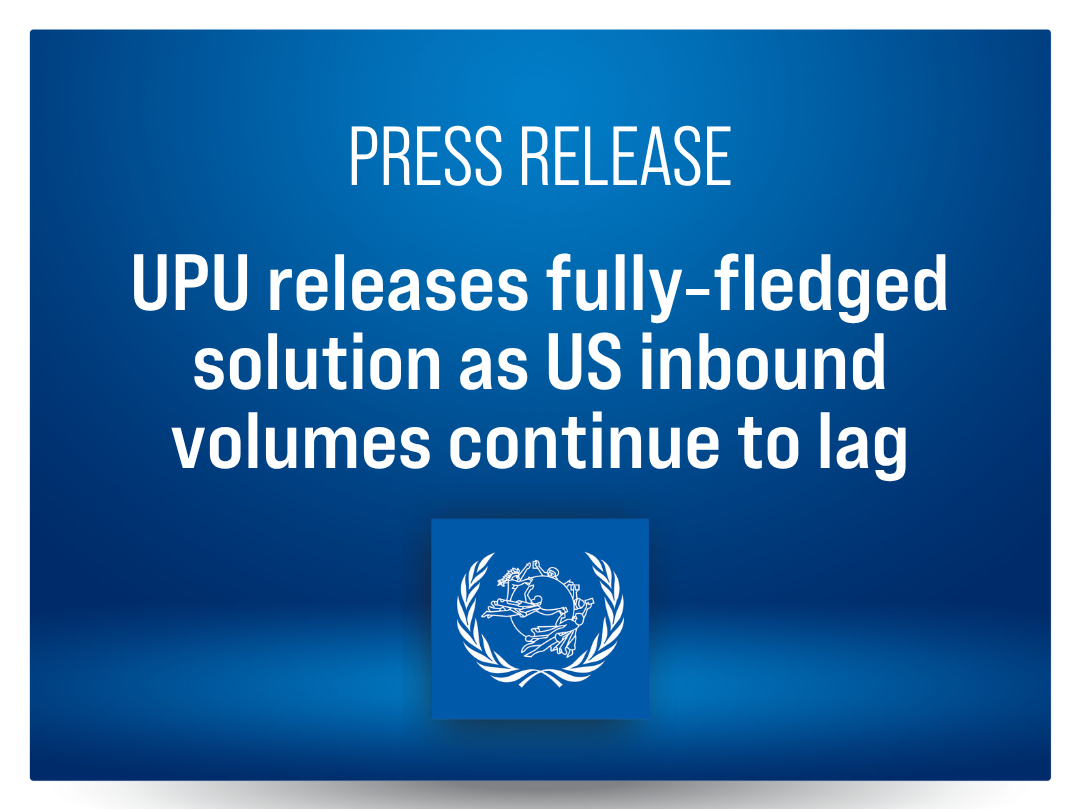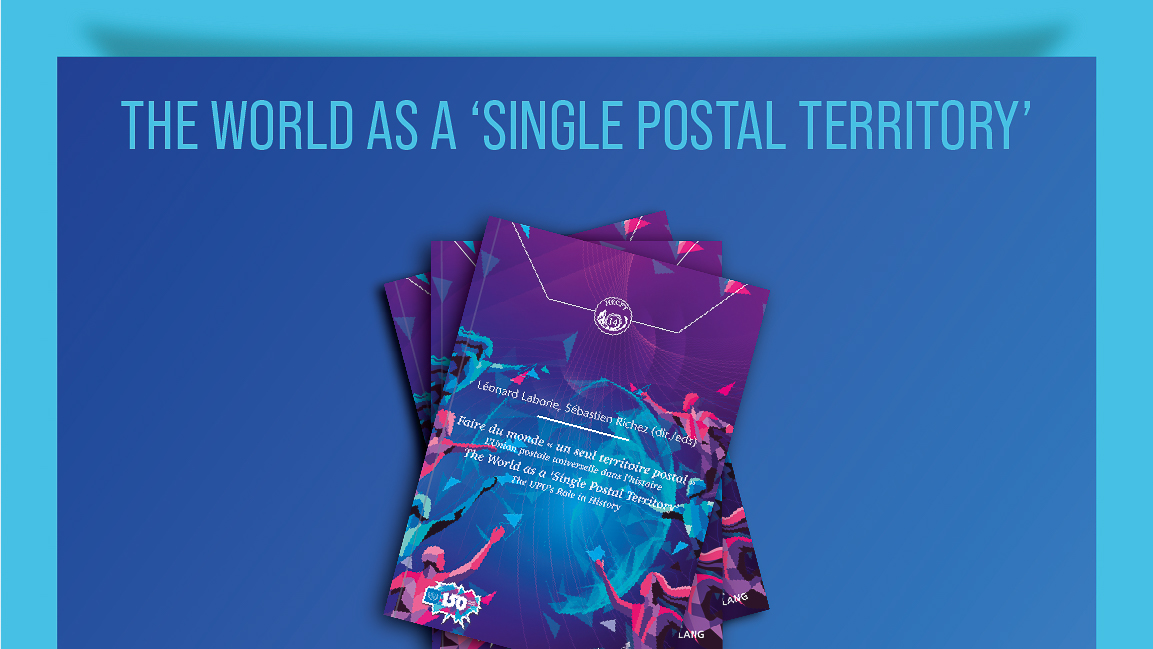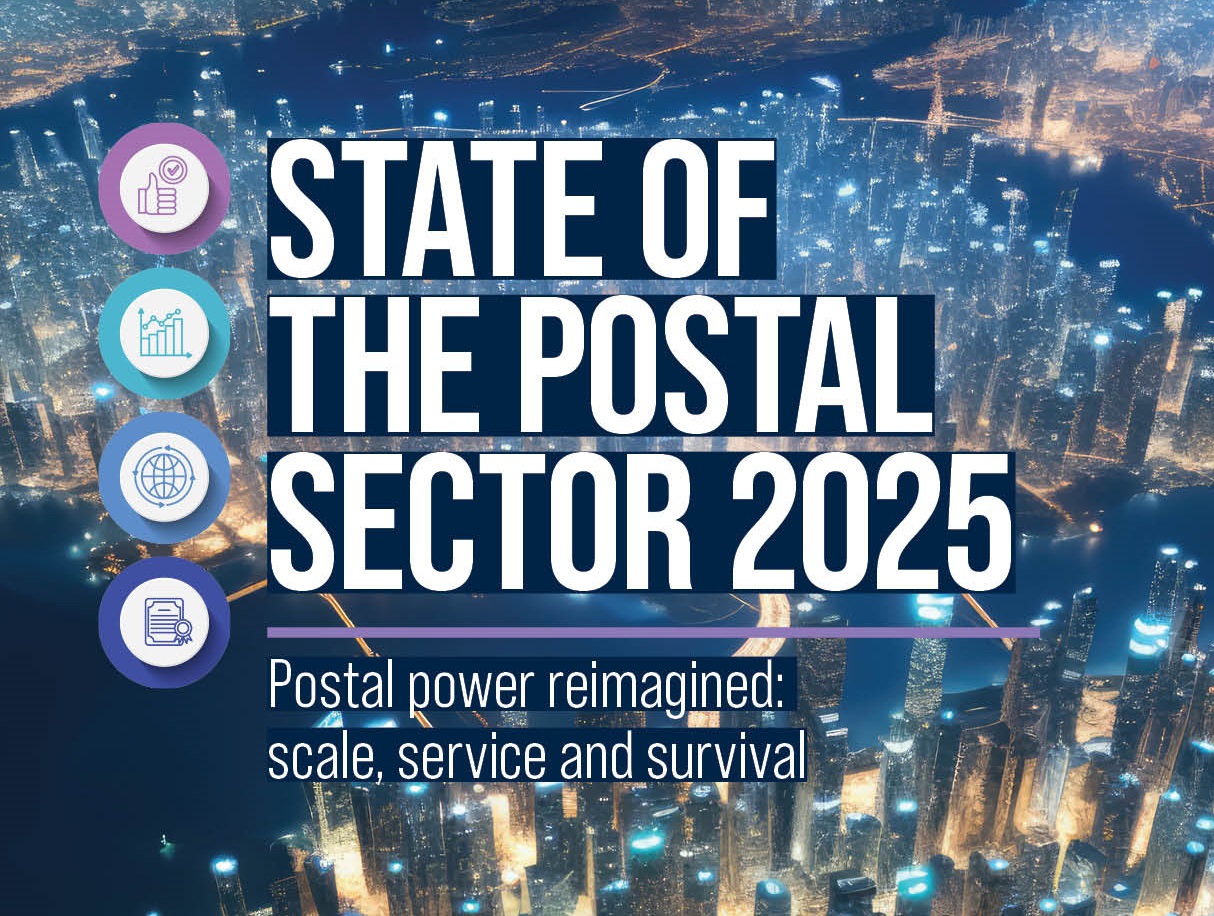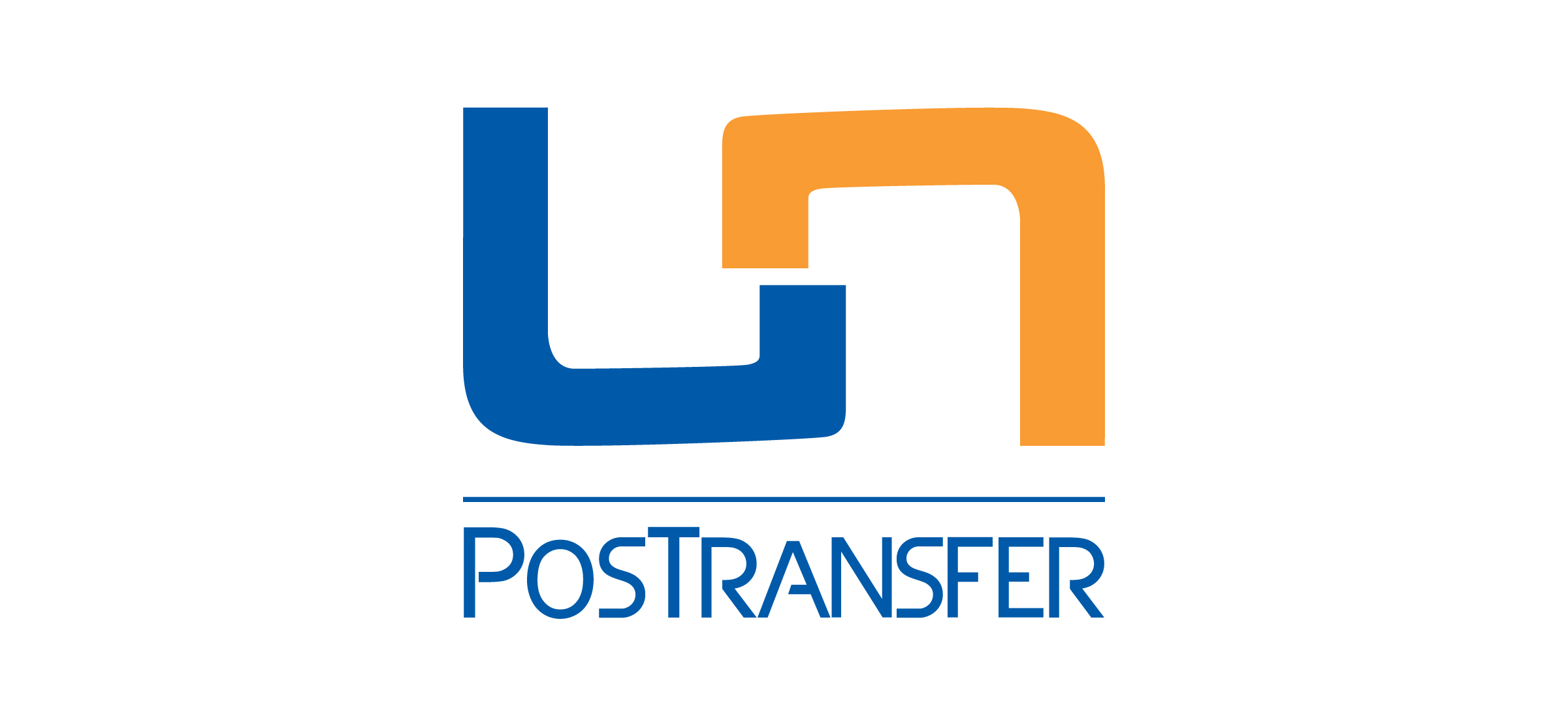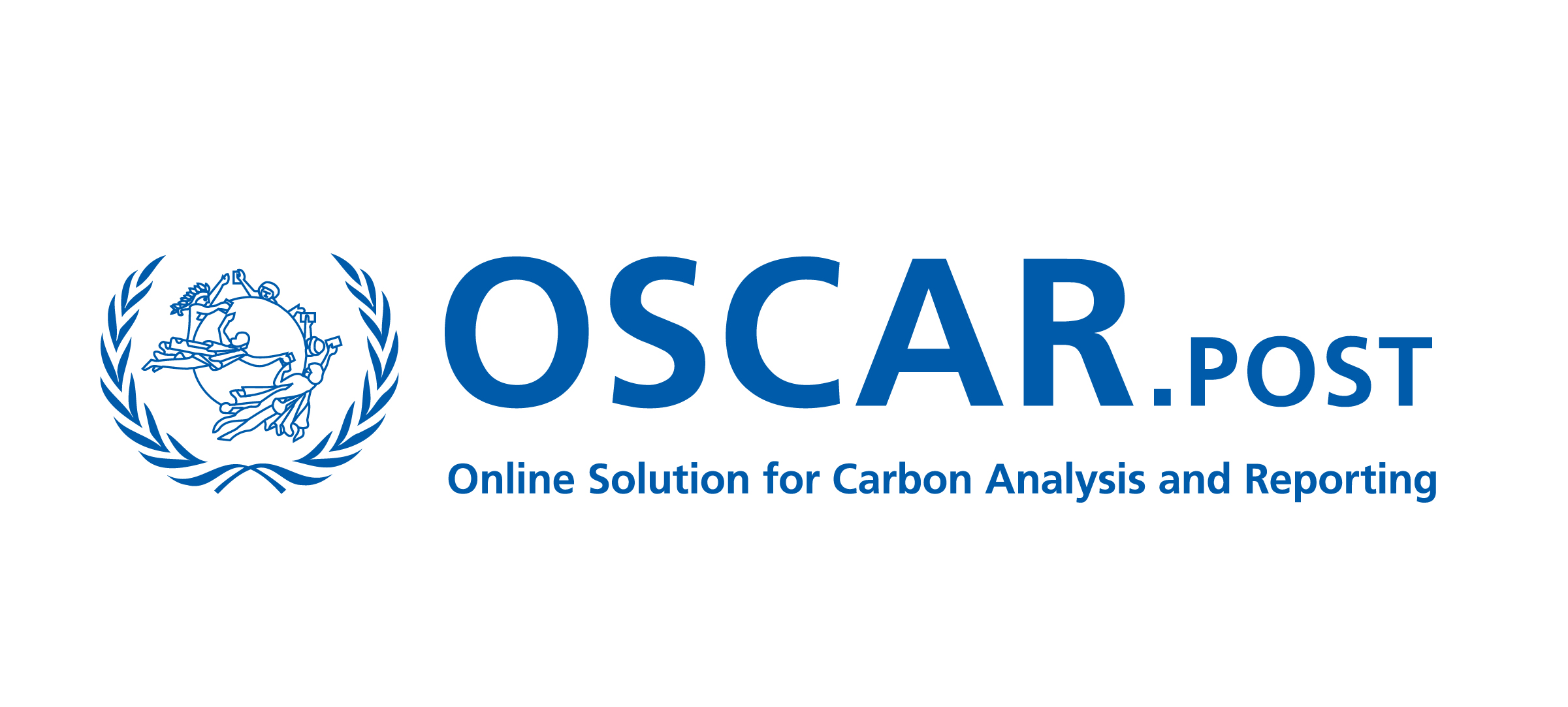-
UPU releases a fully-fledged solution as US inbound volumes continue to lag10.10.2025 — The UPU’s latest data shows that the United States’ suspension of the duty-free de minimis exemption continues to have a negative impact on postal volumes.
-
The World as a 'Single Postal Territory': The UPU's Role in History09.10.2025 — Marking the close of the UPU’s 150th anniversary celebrations, this new eBook revisits the UPU’s unique place in global history.
-
World Post Day 2025 Message from UPU Director General Masahiko Metoki09.10.2025 — Theme for 2025: #PostforPeople: Local Service. Global Reach.
-
Message of the United Nations Secretary-General on World Post Day 202509.10.2025 — On World Post Day, we celebrate the 4.6 million postal workers who connect countries and communities around the globe.
One world. One postal network.
The Universal Postal Union is a United Nations specialized agency and the postal sector's primary forum for international cooperation.
The Universal Postal Union is a United Nations specialized agency and the postal sector's primary forum for international cooperation.
Can’t find what you are looking for?
You might want to check the parcel tracker of your national post. You can find the website of your national post in our list of member countries.




